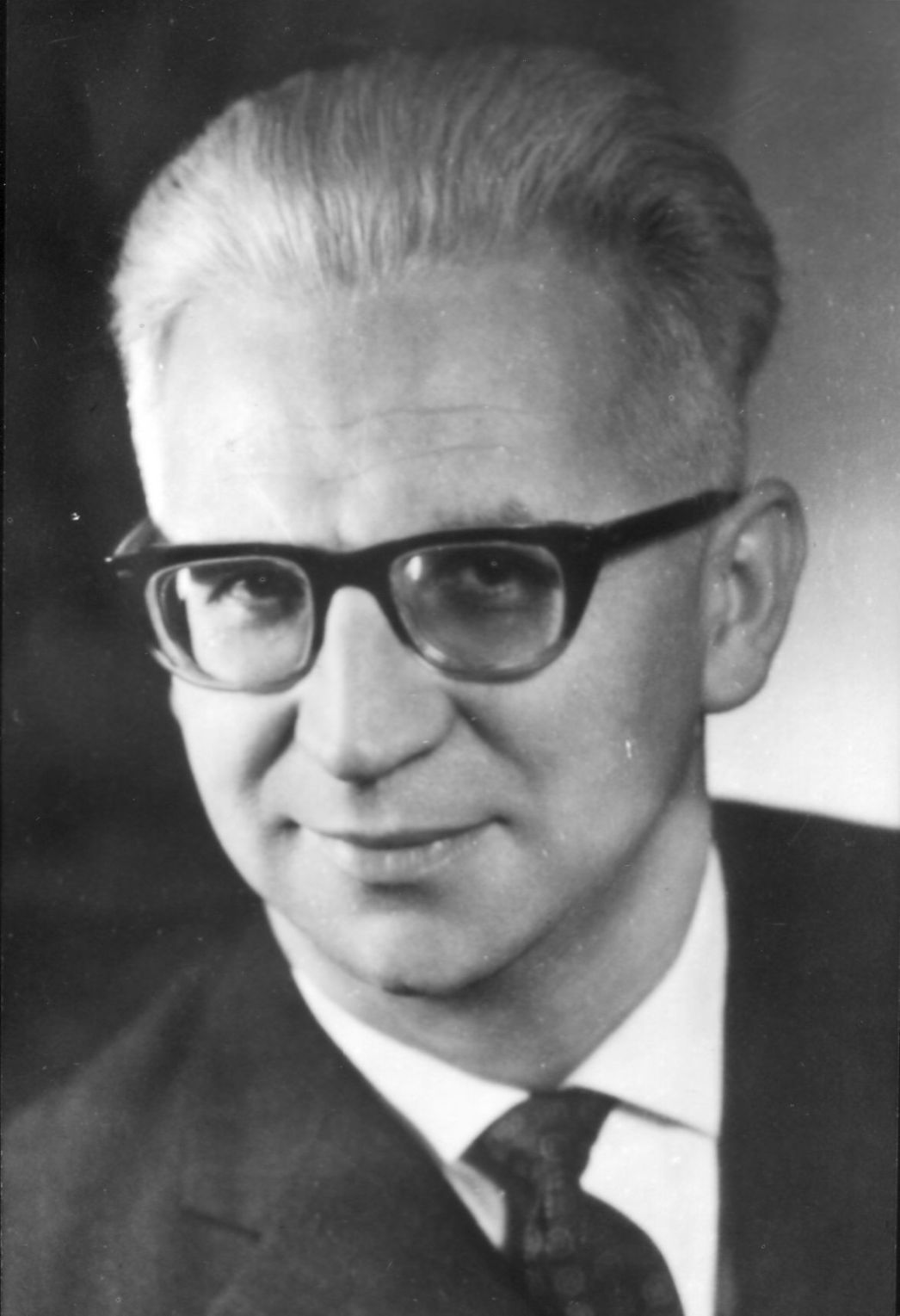Transcript
Franz Leitner “And I’ve often, well kind of, asked each of them where their parents are, what happened to them. Then they, well, very [pause] dryly said, that their parents were killed while bombs, by bombs, that they were shot, that they were in other concentration camps. And I have never, during my time where I was, never seen one of these kids, not only the youth, cry. They were, so to say, somehow already used to these conditions in their young age.”
Narrator The Austrian Franz Leitner was the block senior of Block 8 in Buchenwald’s main camp. His block housed mostly underage inmates and was a kind of protected area that the political inmates had been able to set up. Most of the children and youth who were deported to Buchenwald in 1944–45 had already been through ghettos, labour camps or extermination camps. They had had horrific experiences and lost many family members.
Franz Leitner himself was only 25 years old when he became block senior. The son of a toolmaker and a housewife, he had grown up in a working-class district. The Gestapo arrested him as a member of an illegal Communist youth association at the outbreak of the war and took him to Buchenwald. Here he joined the organized resistance group of political inmates.
Leitner remembered that, “The phenomenon of solidarity was crucial. With the children, solidarity was especially strong.”
Minors were only taken to the Buchenwald concentration camp in larger numbers beginning in 1943. They came with the mass deportations from Poland and the Soviet Union and were especially vulnerable to the impact of the hard forced labour, the insufficient food and the capricious violence of the SS. Political inmate functionaries tried to protect them. At the outset, in the summer of 1943, there were about 160 Russian, Ukrainian and Polish youth in Block 8.
Leitner and other inmates worked to improve the living conditions of the young inmates: They supplied extra food, clothing and heating material. They even provided medical care and clandestine lessons.
Starting in the summer of 1944, more and more Jewish children and youth arrived in Buchenwald with clearance transports from the east. Many of them could be moved to Block 8. Here they did not have to wear a Star of David and could not be identified as Jews.
Nonetheless, not all could be saved: 1600 minors died of exhaustion or were murdered in Buchenwald.
Franz Leitner and other Communist inmate functionaries were arrested in October 1944 during a Gestapo raid aimed at the camp’s underground. Leitner was put in solitary confinement for several months. Still, the aid network managed to go on protecting children and youth. There were more than 370 minors in Block 8 when the camp was liberated.
Back in Austria, Franz Leitner started a family and dedicated himself to the Communist Party. He was voted into the Styria state parliament and served as federal chairman of the party for two decades. In 1999, Israel awarded him the honour of “Righteous Among the Nations” for his efforts in Block 8.


